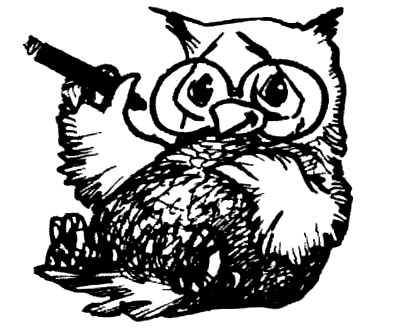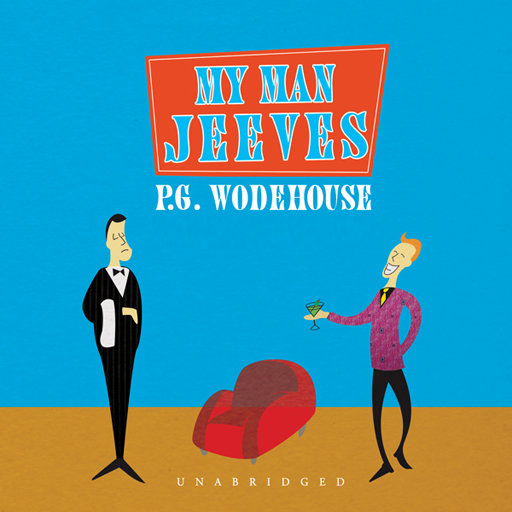“Very good, sir. I shall endeavour to give satisfaction.”
And he has, by Jove! I’m a bit short on brain myself; the old bean would appear to have been constructed more for ornament than for use, don’t you know; but give me five minutes to talk the thing over with Jeeves, and I’m game to advise any one about anything. And that’s why, when Bruce Corcoran came to me with his troubles, my first act was to ring the bell and put it up to the lad with the bulging forehead.
“Leave it to Jeeves,” I said.
I first got to know Corky when I came to New York. He was a pal of my cousin Gussie, who was in with a lot of people down Washington Square way. I don’t know if I ever told you about it, but the reason why I left England was because I was sent over by my Aunt Agatha to try to stop young Gussie marrying a girl on the vaudeville stage, and I got the whole thing so mixed up that I decided that it would be a sound scheme for me to stop on in America for a bit instead of going back and having long cosy chats about the thing with aunt. So I sent Jeeves out to find a decent apartment, and settled down for a bit of exile. I’m bound to say that New York’s a topping place to be exiled in. Everybody was awfully good to me, and there seemed to be plenty of things going on, and I’m a wealthy bird, so everything was fine. Chappies introduced me to other chappies, and so on and so forth, and it wasn’t long before I knew squads of the right sort, some who rolled in dollars in houses up by the Park, and others who lived with the gas turned down mostly around Washington Square—artists and writers and so forth. Brainy coves.
Corky was one of the artists. A portrait-painter, he called himself, but he hadn’t painted any portraits. He was sitting on the side-lines with a blanket over his shoulders, waiting for a chance to get into the game. You see, the catch about portrait-painting—I’ve looked into the thing a bit—is that you can’t start painting portraits till people come along and ask you to, and they won’t come and ask you to until you’ve painted a lot first. This makes it kind of difficult for a chappie. Corky managed to get along by drawing an occasional picture for the comic papers—he had rather a gift for funny stuff when he got a good idea—and doing bedsteads and chairs and things for the advertisements. His principal source of income, however, was derived from biting the ear of a rich uncle—one Alexander Worple, who was in the jute business. I’m a bit foggy as to what jute is, but it’s apparently something the populace is pretty keen on, for Mr. Worple had made quite an indecently large stack out of it.

